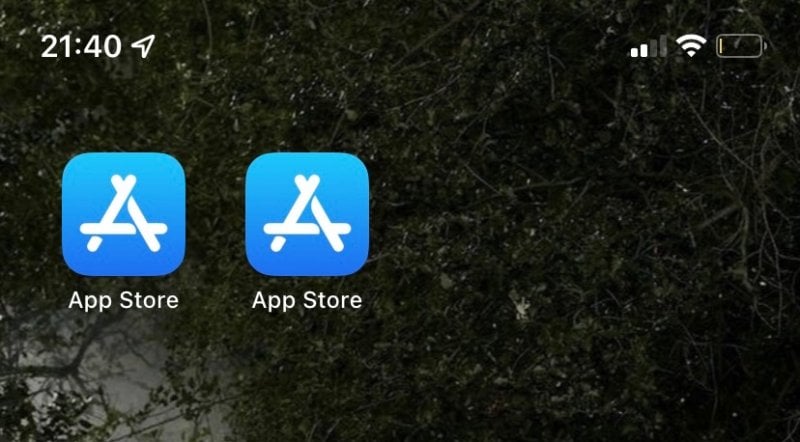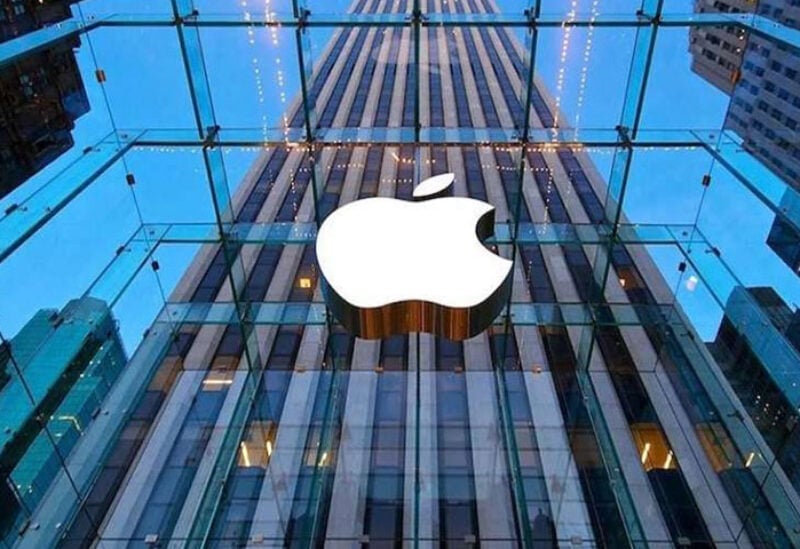With EU regulations looming, Apple plans major changes to the App Store, paving the way for sideloading and new payment systems.
Rumors have been circulating for months regarding Apple's adherence to the European Union's Digital Markets Act (DMA) regulations, with Cupertino reportedly agreeing to allow sideloading apps by the first half of 2024.
Entering the new year, we are finally seeing the situation develop and new details emerge thanks to Mark Gurman's latest statements which shed light on the situation at Apple Park.
Apple's decision seems to be to create two distinct versions of the App Store: one intended for markets where it can remain “armored”, and another specifically designed to meet the requirements of Europe and the Digital Markets Act.
According to the latest information provided by the journalist, the deadline for Apple and the App Store to comply with the DMA is set for March 7.
Apple's solution
As part of the seven weeks remaining to comply with European Union antitrust regulations, Apple is planning to split the App Store in two.
European users will soon be able to benefit from a dedicated App Store, gaining permission to install apps from external sources on iPhone and iPad.
Compliance with the provisions of the Digital Markets Act (DMA) will also bring benefits for developerswhich will have the possibility of receiving payments from users through alternative systems, potentially more convenient than those currently proposed by Apple.
Discussions about the upcoming Apple mandate took shape during a meeting between CEO Tim Cook and EU antitrust chief Margrethe Vestager at Apple Park.
Despite mixed reactions to the change, developers will now have the freedom to promote their apps outside of App Stores and will be able to use third-party payment systems.
In addition to the App Store, Apple is expected to make changes to FaceTime and Siri in Europe to comply with antitrust regulations.
Forced separation
In the past, Apple has consistently rejected the idea of sideloading, repeatedly labeling it as the best way to open the door to cyber criminals.
This ideology has not only met resistance in Europe, but has recently also encountered opposition in the Land of the Rising Sun.
Cupertino's approach is based on the idea that the security of iOS and iPadOS is the result of a rigorous selection process of apps published on the proprietary store.
The lack of these “entry checks” could increase the risks for the less IT-literate public.
In the past, there had been speculation that Apple would introduce a strict system for installing apps from sources other than the App Store.
However, it seems that the speculations are about to come to a conclusion.
While it remains uncertain what approach Apple will take to separate the App Store, this could be through the creation of a separate app or the introduction of a new tab in the current structure.
More details will be shared in the future.
#Apple #meet #Europe #39splitting #App #Store #two39

